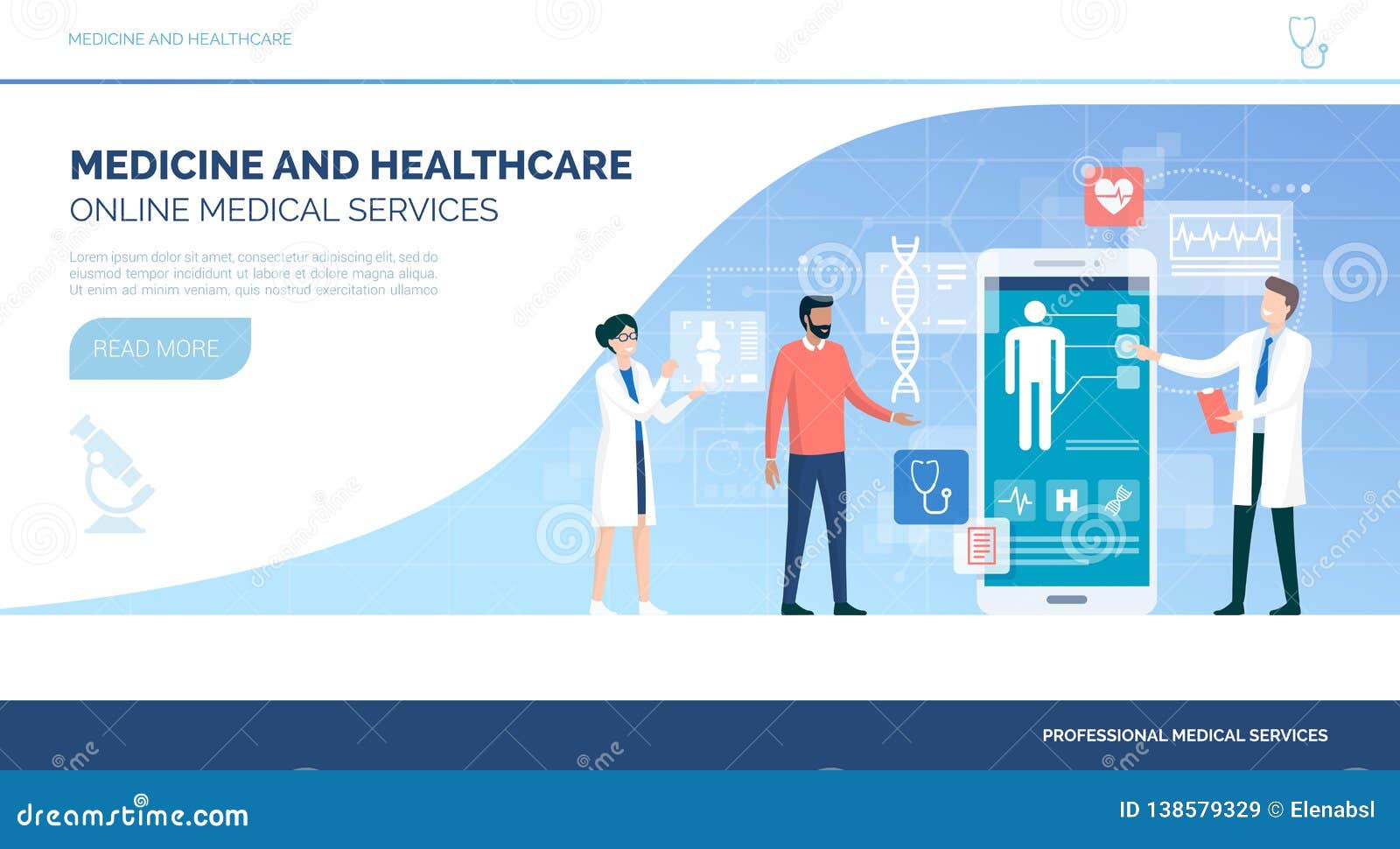Navigating the Future of Medication With Subscription-Based Healthcare Services
As the medical care sector advances, subscription-based services emerge as an essential version promising to improve individual treatment distribution. The answers to these concerns could fundamentally change our method to medical care.
Surge of Registration Medical Care
As healthcare systems around the globe face boosting stress from increasing costs and demand for solutions, the introduction of subscription-based healthcare designs has arised as a transformative fad. This cutting-edge approach is disrupting standard medical care delivery by using a predictable, flat-rate settlement structure for clinical solutions. Rooted in the concepts of concierge medicine, subscription-based medical care allows providers to concentrate on personalized person care while all at once taking care of functional efficiencies.
The enhancing customer demand for transparency and predictability in healthcare expenses has driven the change towards this model. Subscription-based solutions often provide straight accessibility to health care professionals, which can reduce the management concerns linked with insurance policy claims and reimbursements.
This design is getting grip among diverse health care suppliers, from health care medical professionals to specialized centers, by straightening financial rewards with continual and preventative care. By changing the focus from volume to value-based treatment, subscription health care has the possible to improve the landscape, promoting a more lasting and patient-centered method to wellness management.
Benefits for Patients

Furthermore, subscription-based services often emphasize preventative care, urging routine examinations and health testings. This proactive technique can result in very early discovery of health and wellness issues, possibly boosting outcomes and reducing long-term medical care expenses for people. Such models generally provide transparent rates, permitting individuals to better recognize their medical care costs and stay clear of unforeseen clinical costs.
The customized nature of subscription-based medical care additionally improves patient experience. People can obtain tailored healthcare strategies that fit their particular requirements, cultivating a more patient-centric technique.
Innovation's Duty in Makeover

Fabricated intelligence (AI) plays an essential function in anticipating analytics, aiding in very early medical diagnosis and customized treatment plans. AI formulas evaluate substantial datasets to identify patterns that could be neglected by human observation, hence improving medical decision-making. Digital health and wellness records (EHRs) streamline client details management, ensuring connection and coherence of treatment throughout numerous services and companies.
Blockchain innovation improves information security and privacy, vital for preserving individual count on electronic platforms. It allows clear and safe and secure transactions of medical information, making certain that sensitive information stays safeguarded. With the integration of artificial intelligence and AI, blockchain can automate complicated medical care processes, reducing administrative worries.
Challenges and Factors To Consider
While innovation drives the capabilities of subscription-based medical care services, it also introduces a set of obstacles and considerations that should be addressed to make sure effective implementation. One considerable difficulty is the fair accessibility of these solutions. As subscription designs usually count on electronic platforms, there is a danger of intensifying the electronic divide, leaving people without net gain access to or digital literacy. Ensuring these solutions do not overmuch profit only tech-savvy and wealthy populations is essential.
Information personal privacy and security stand for one more important factor to consider. Subscription-based solutions commonly require the collection and storage of substantial quantities of personal health and wellness details. Providers have to abide by rigorous information security regulations to keep individual count on and protect against unapproved accessibility, which can bring about considerable moral and legal consequences.
As medical care requires evolve, preserving an economical equilibrium in between registration costs and solution top quality is essential to avoid patient discontentment and attrition. Addressing these challenges is crucial as subscription-based healthcare solutions continue click here for more to develop and expand.
Future Ramifications for Medication
Subscription-based healthcare solutions are poised to dramatically affect the future landscape of medication by improving how care is accessed and provided. These designs supply the potential to equalize healthcare accessibility, supplying individuals with more prompt and tailored treatments. By leveraging innovation, such as telemedicine and data analytics, subscription services can assist in continual monitoring try this out and customized health and wellness management, thus enhancing end results and reducing the worry on conventional medical care systems.
As these solutions gain traction, they could promote a shift towards preventative treatment, emphasizing the relevance of early detection and monitoring of chronic conditions. This aggressive method may ultimately lower medical care expenses by minimizing the requirement for pricey therapies occurring from late-stage illness monitoring. Moreover, membership models supply a scalable solution to deal with disparities in healthcare accessibility, specifically in underserved or country populaces.
However, the shift towards subscription-based versions requires dealing with ethical and regulative factors to consider, consisting of information privacy and equitable gain access to. As the market develops, joint efforts in between policymakers, technology designers, and doctor will be vital to establishing robust structures that secure individual rate of interests while fostering innovation. Eventually, these solutions guarantee to contribute significantly to a much more reliable, patient-centered healthcare community.

Verdict
Subscription-based healthcare services represent a significant development in the clinical area, supplying foreseeable expenses and personalized care that enhance access and focus on preventative measures. Technological improvements, such as telemedicine and check my blog AI-driven analytics, help with tailored client experiences, boosting total health and wellness outcomes. Nevertheless, obstacles such as information privacy and fair accessibility have to be resolved to ensure the widespread benefits of these solutions. As the health care landscape develops, membership models are positioned to play a critical role in forming the future of medicine.
As the medical care market evolves, subscription-based services emerge as a crucial model guaranteeing to improve patient care shipment.As healthcare systems around the globe face boosting stress from increasing costs and demand for services, the development of subscription-based medical care designs has actually arised as a transformative trend (subscription based healthcare).With the increase of subscription-based health care models reshaping conventional health care shipment, patients are beginning to experience considerable benefits from this ingenious method. As health care requires develop, maintaining a cost-effective equilibrium between registration costs and solution top quality is crucial to stop client dissatisfaction and attrition.Subscription-based healthcare services are positioned to considerably affect the future landscape of medication by improving just how care is accessed and supplied